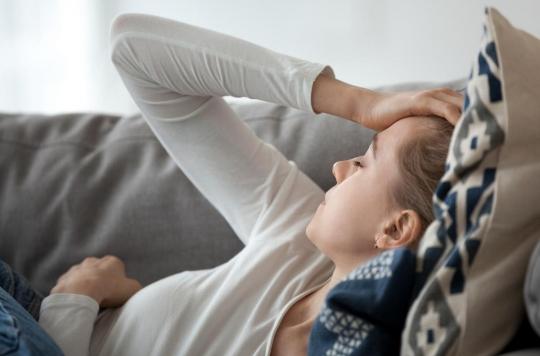Due to a very widespread virus which is transmitted through saliva, the Epstein-Barr virus, mononucleosis is benign and doesn’t always lead to infection, but this disease can put any energetic teenager on your kneecaps for several weeks. The first of the prescriptions: rest, rest and rest. Your son or daughter should still try to keep a fixed rhythm of sleep, for example by waking up at the same time every day.
The nap is particularly relaxing since 20 minutes at the start of the afternoon is equivalent to 2 hours of sleep. It allows you to reach the stage of deep sleep and to recover well. But if you continue beyond that, you risk waking up in the middle of REM sleep and feeling more tired.
What diet after mononucleosis?
To recover quickly from mononucleosis, it is also advisable to drink plenty of water and fruit juice (dehydration increases the feeling of fatigue) and to do some gentle exercises daily, for example 20 minutes of walking at a brisk pace. quiet or some exercises at home.. If a vaccine is well under study, it does not exist no treatment for mononucleosis. Medicines that your doctor may prescribe for you will actually work on the symptoms of the infection (fever, sore throat…). It will generally be paracetamol (Doliprane®, Efferalgan® …) to lower fever and reduce pain, possibly associated with a vitamin C cure to fight fatigue and lozenges to suck or mouthwashes to spray to calm sore throat. The mononucleosis being of viral origin (the Epstein-Barr virus [EBV]), antibiotics are totally unnecessary.
If fatigue persists, a course of food supplements based on vitamins, plants, trace elements or even royal jelly may be recommended.
>> Also discover our ultra-vitamin recipes with grapefruit.


















